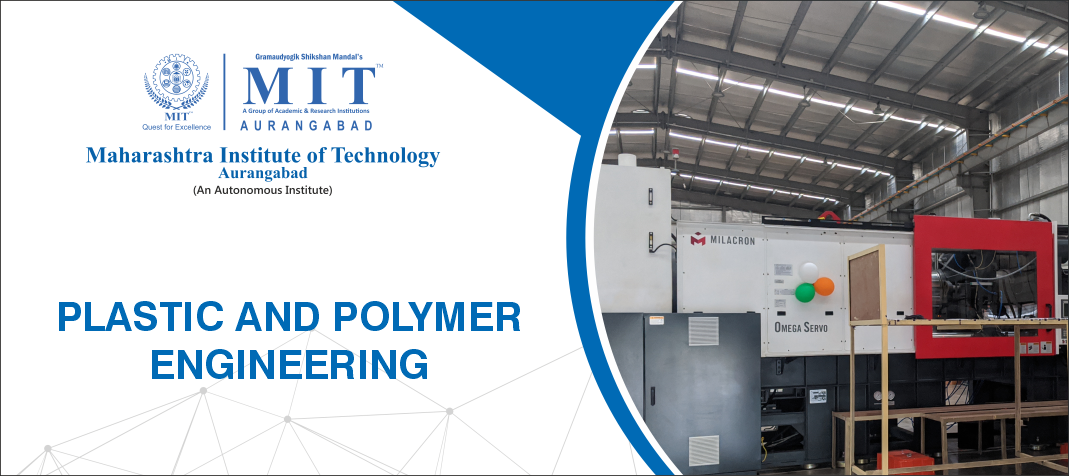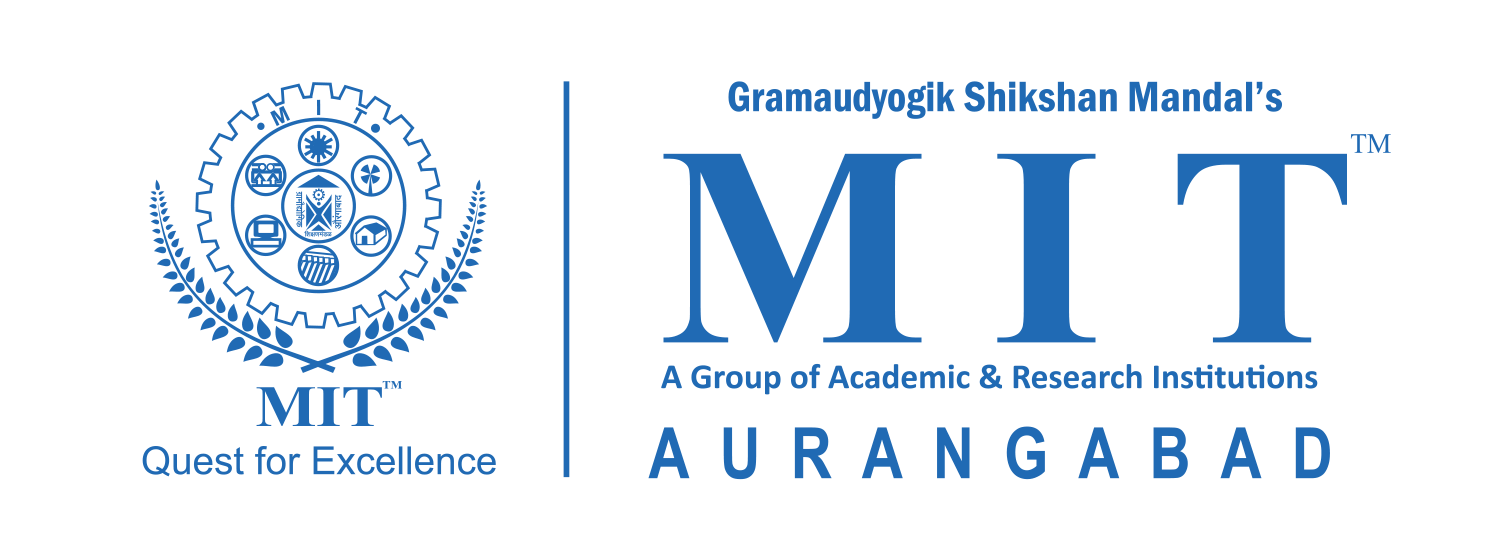Plastic and Polymer Engineering

PO1:
Engineering Knowledge: Apply the knowledge of mathematics, science, engineering fundamentals, and an engineering specialization to the solution of complex engineering problems.
PO2:
Problem Analysis: Identify, formulate, review research literature, and analyse complex engineering problems reaching substantiated conclusions using first principles of mathematics, natural science and engineering sciences.
PO3:
Design & Development of Solutions: Design solutions for complex engineering problems and design system components or processes that meet specified needs with appropriate consideration for the public health and safety and the cultural ,societal and environmental considerations.
PO4:
Conduct Investigations of Complex Problems: Use research based knowledge and research methods including design of experiments, analysis and interpretation of data, and synthesis of information to provide valid conclusions.
PO5:
Modern Tool Usage: Create, select, and apply appropriate techniques, resources, and modern engineering and IT tools including prediction and modeling to complex engineering activities with an understanding of the limitations.
PO6:
The Engineer and Society: Apply reasoning informed by the contextual knowledge to assess societal, health, safety, legal and cultural issues and the consequent responsibilities relevant to the professional engineering practice.
PO7:
Environment and Sustainability: Understand the impact of the professional engineering solutions in societal and environmental contexts, and demonstrate the knowledge of, and need for sustainable development.
PO8:
Ethics: Apply ethical principles and commit to professional ethics and responsibilities and norms of the engineering practice.
PO9:
Individual and Team Work: Function effectively as an individual, and as a member or leader in diverse teams, and in multidisciplinary settings.
PO10:
Communication: Communicate Effectively on complex engineering activities with the engineering community and with society at large, such as, being able to comprehend and write effective reports and design documentation, make effective presentations, and give and receive clear instructions.
PO11:
Project management and Finance: Demonstrate knowledge and understanding of the engineering and management principles and apply these to one’s own work, as a member and leader in a team, to manage projects and in multidisciplinary environments.
PO12:
Life-Long Learning : Recognize the need for, and have the preparation and ability to engage in independent and lifelong learning in the broadest context of technological change.
- Graduates will have technical skills for the corporate world in the areas of materials, processing, design, quality, and R & D using their knowledge of science and core engineering courses.
- Graduates will have strong communication skills and personality development etiquettes with a lifelong learning attitude.
- Graduates will have professional work ethics and responsibility for personal & professional growth.
- Graduates will have the ability to conscious on the issues of social concern through a meaningful linkage with the society.
- Explain the fundamental elements of polymer materials, synthesis, testing, characterization, processing techniques, economics, and management to develop the intellectual capabilities & alternative solution strategies.
- Emphasize basic engineering principle to demonstrate skills of product & mould designing as well as design industrial polymerization processes required by the corporate world.
- Provide students with opportunities to design and conduct chemical engineering experiments and apply the basis of chemical engineering to design systems, components, and chemical processes to meet specific needs and constraints.

